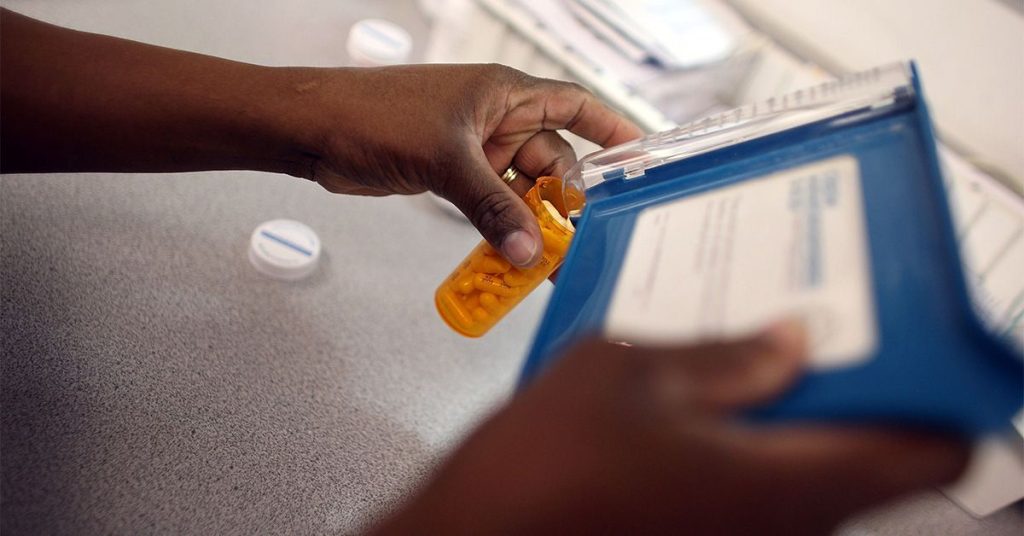Inflammatory bowel disease (IBD) affects around 4.9 million people globally as of 2019, with scientists still unsure of the exact cause of the condition and no cure currently available. Recent research from Bar-Ilan University in Israel suggests that antibiotic use may damage the protective mucus layer of the gut, potentially increasing the risk for IBD. Antibiotics such as ampicillin, metronidazole, neomycin, and vancomycin were found to damage the mucus layer in the digestive tract, allowing bacteria to penetrate and potentially trigger gut inflammation, a hallmark of IBD. Researchers used a mouse model of IBD to study the direct impact of antibiotics on the cells of the intestine, finding that antibiotics affect mammals directly, rather than just harming bacteria as previously believed.
The study revealed that antibiotics do not only impact the gut microbiome but also directly alter the intestinal wall cells responsible for mucus production. This disruption of the mucus barrier was found to cause bacteria to invade the gut wall, leading to inflammation. The discovery challenges the common assumption that antibiotics only target bacteria and do not affect human cells. While antibiotics are important in certain cases, over-prescription may lead to unintended consequences, such as damage to the protective layer inside the gut. This new understanding of how antibiotics may increase the risk of developing IBD could lead to better prevention strategies and personalized treatments for patients at high risk.
These findings have significant implications for the understanding of IBD and may pave the way for new treatment targets. By uncovering the role of antibiotics in disrupting the protective layer of the gut, researchers can work towards developing strategies to decrease the risk of IBD development in high-risk patients. Better understanding of the risk factors for IBD can also enable earlier detection and more tailored treatment approaches. Further research is needed to validate these findings and explore the potential impact on clinical practice, but the study marks a significant shift in understanding the mechanisms of the disease and the effects of antibiotics on the gut.
Dr. Ashkan Farhadi, a board-certified gastroenterologist, commented on the study, noting that the research represents a new perspective on the impact of antibiotics on the gut. The study challenges previous assumptions about how antibiotics work, showing that they can affect human cells in addition to bacteria. While this finding is groundbreaking, more research is required to confirm its validity and better understand the mechanisms by which antibiotics can influence gut health. The study has opened up new avenues for exploring the relationship between antibiotic use and IBD, highlighting the need for further investigation.
Overall, the study from Bar-Ilan University sheds light on the potential link between antibiotic use and the risk of developing IBD by disrupting the protective mucus layer in the gut. This new understanding of the direct impact of antibiotics on human cells in the gut challenges previous assumptions and highlights the need for further research to validate and expand on these findings. By exploring the impact of antibiotics on gut health, researchers may uncover new treatment targets and strategies for preventing IBD in high-risk patients. The study contributes to a deeper understanding of the complex mechanisms underlying IBD and paves the way for more personalized and effective treatments in the future.


